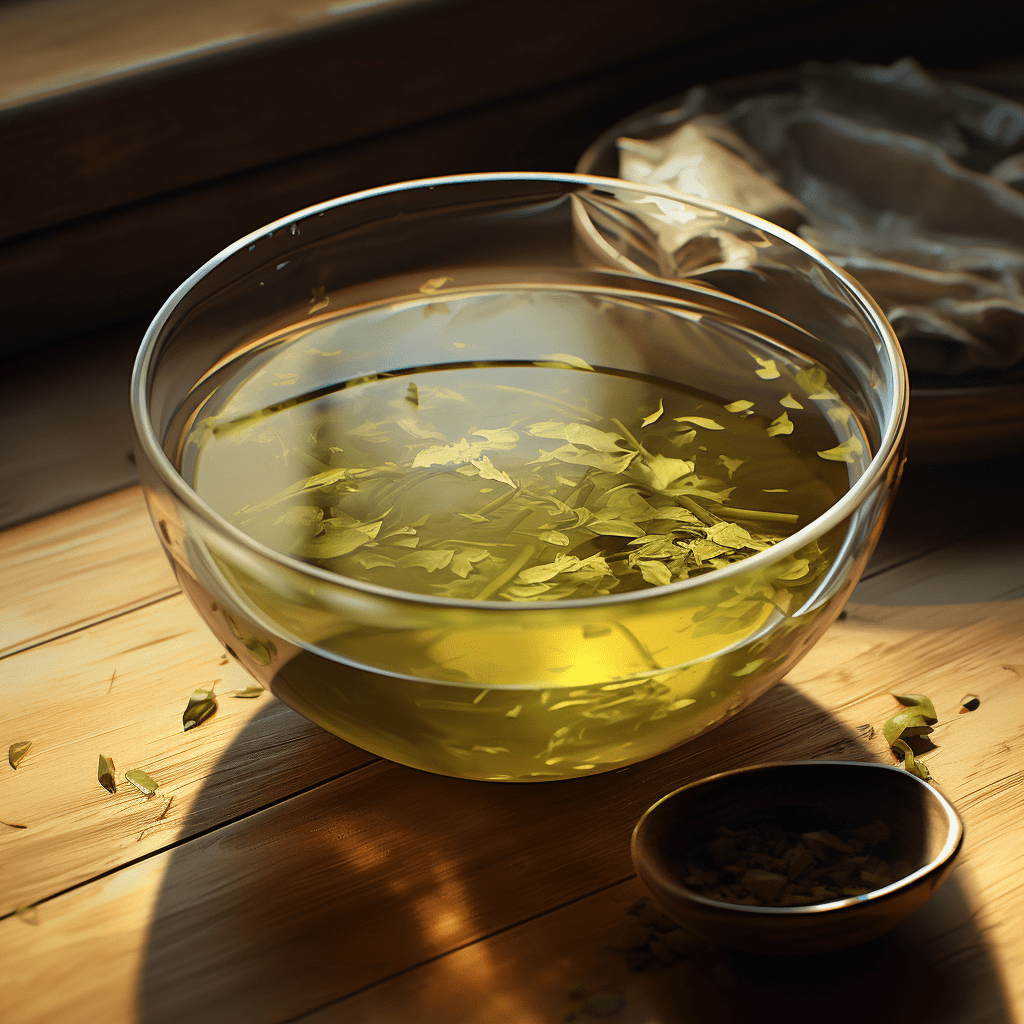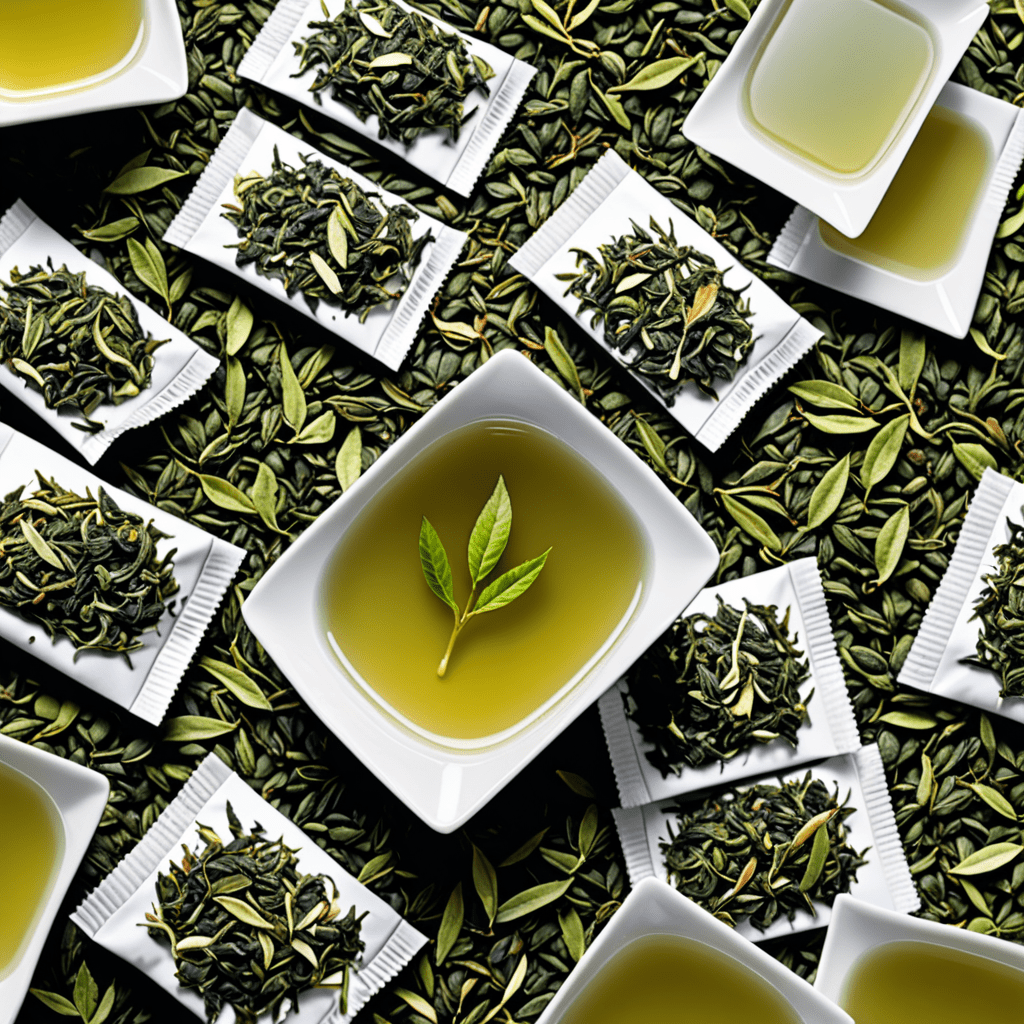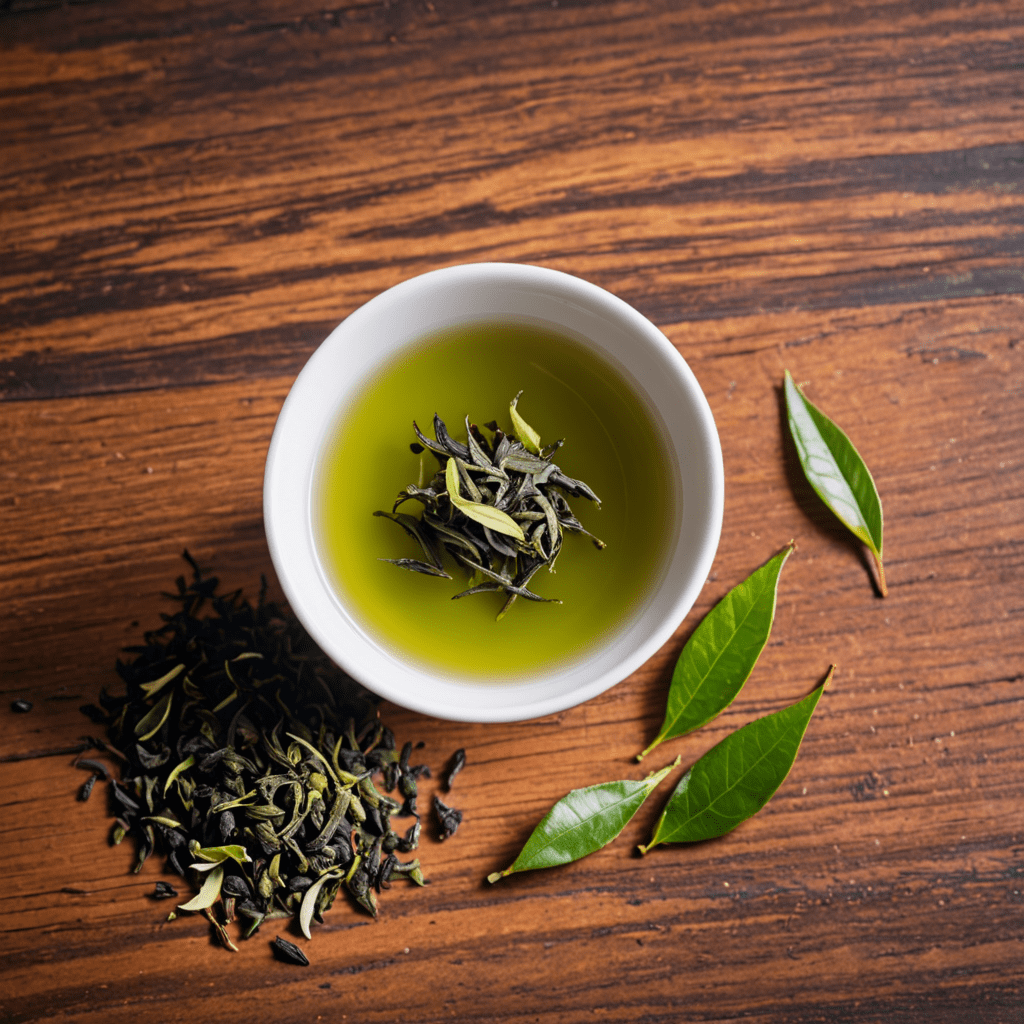How Much Caffeine in Sencha Green Tea
If you’re a tea lover, you may be curious about the caffeine content in different types of tea. Sencha green tea, a popular Japanese tea, is known for its grassy flavor and health benefits. But how much caffeine does it actually contain? In this article, we’ll explore the caffeine content in sencha green tea and provide some insights into its effects and brewing methods.
Understanding Sencha Green Tea
Before delving into the caffeine content, let’s first understand what sencha green tea is. Sencha is a type of non-fermented green tea that is grown and harvested in Japan. It is made from the young leaves of the Camellia sinensis plant and is known for its vibrant green color and refreshing taste. Sencha is produced by steaming the tea leaves, which helps preserve its natural flavors and health-promoting properties.
How Much Caffeine Does Sencha Green Tea Contain?
Sencha green tea typically contains around 20-30 milligrams of caffeine per 8-ounce (240 ml) cup. It is important to note that this is an approximate value, as the caffeine content can vary depending on factors such as the tea leaves’ quality, brewing time, and water temperature. However, compared to other types of tea like black tea or coffee, sencha green tea generally has a lower caffeine content.
Factors Affecting Caffeine Levels in Sencha Green Tea
Several factors can influence the caffeine levels in sencha green tea, including:
1. Quality of Tea Leaves
The quality of the tea leaves used to make sencha can affect the caffeine content. Higher quality leaves tend to have more caffeine compared to lower quality leaves.
2. Brewing Time
The longer you steep sencha green tea, the higher the caffeine content will be. It is recommended to steep sencha for about 1-2 minutes to keep the caffeine levels moderate.
3. Water Temperature
The water temperature used for brewing sencha green tea can also impact the caffeine content. Using water around 160-170°F (70-75°C) can help extract the flavors without excessive caffeine extraction.
4. Steeping Method
Different brewing methods, such as using a teapot or infuser, can influence the caffeine levels in sencha green tea. Experimenting with different methods can help you find the perfect balance according to your caffeine tolerance.
The Effects of Caffeine in Sencha Green Tea
The caffeine in sencha green tea can offer several benefits and effects, including:
1. Increased Alertness
Caffeine acts as a stimulant, promoting alertness and reducing drowsiness. Sencha green tea can help you stay awake and focused without the jitters often associated with coffee.
2. Boosted Metabolism
Caffeine has been shown to enhance metabolism temporarily, potentially aiding in weight management. However, it is important to note that drinking sencha green tea alone is not a substitute for a healthy diet and exercise.
3. Improved Cognitive Function
Research suggests that moderate caffeine consumption, such as the amount found in sencha green tea, may support improved cognitive function, including enhanced attention and memory.
4. Antioxidant Benefits
Sencha green tea contains powerful antioxidants called catechins, which have been linked to various health benefits, such as reducing the risk of chronic diseases like heart disease and certain types of cancer.
Frequently Asked Questions
Q: Is sencha green tea suitable for those sensitive to caffeine?
A: Sencha green tea generally contains lower levels of caffeine compared to other teas and coffee. However, if you are highly sensitive to caffeine or advised to limit your intake, it is best to consult with a healthcare professional before consuming sencha green tea.
Q: Can decaffeinated sencha green tea be purchased?
A: Yes, decaffeinated sencha green tea is available. It undergoes a process that removes most of the caffeine, making it a suitable choice for individuals who want to enjoy the flavors and benefits of sencha green tea without the stimulating effects of caffeine.
Q: Can I drink sencha green tea before bed?
A: Due to its moderate caffeine content, it is advisable to avoid drinking sencha green tea close to bedtime. Caffeine can interfere with sleep quality and make it difficult to fall asleep. Opt for caffeine-free herbal teas or decaffeinated sencha green tea if you want a warm and relaxing beverage before bed.
In conclusion, sencha green tea contains approximately 20-30 milligrams of caffeine per 8-ounce cup. However, this value can vary depending on brewing factors such as the quality of tea leaves, brewing time, water temperature, and steeping method. With its lower caffeine content compared to other beverages, sencha green tea provides a refreshing and healthier alternative. Enjoy a cup of sencha green tea to reap its numerous benefits while savoring its delightful taste.



